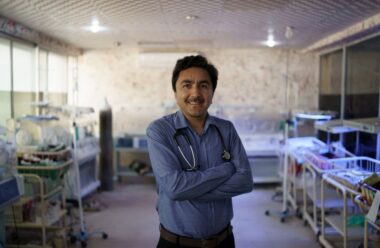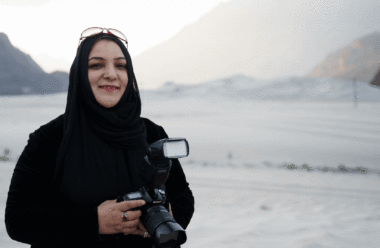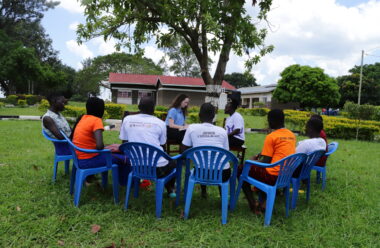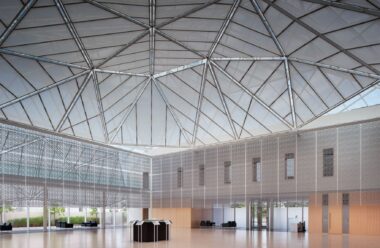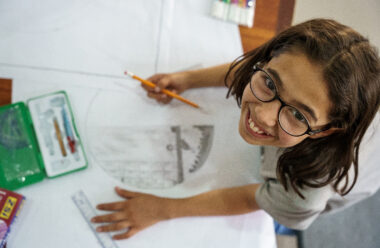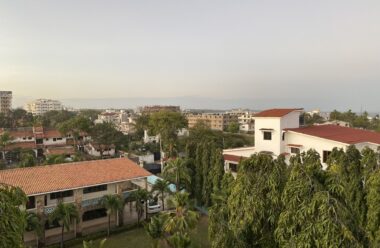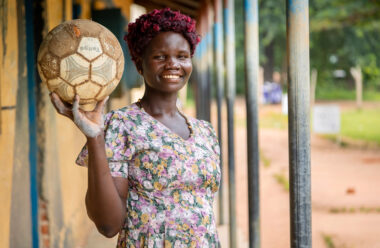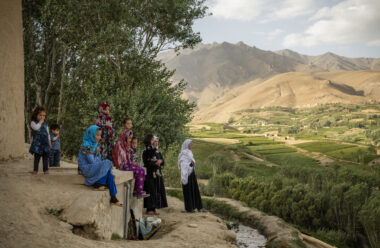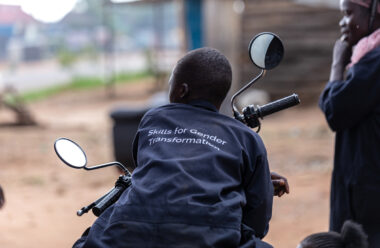Nearly half of the world’s population — more than 3.5 billion people — live on less than $2.50 a day. More than 700 million people live in extreme poverty (less than USD $1.90 a day), the majority of whom are in Africa and Asia.
Aga Khan Foundation Canada tackles the root causes of this poverty through a holistic and interconnected set of programs. These initiatives address people’s most pressing needs and enable them to unlock their full potential, with a particular focus on marginalized groups like women and girls.
Our programs aim to ensure access to high-quality education and health care, ensure food security, improve economic well-being, and develop resilient communities and societies. We bring together human, financial, and technical resources to some of the poorest and most marginalized communities, with an emphasis on women and girls, investing in human potential, expanding opportunity, and improving quality of life.
